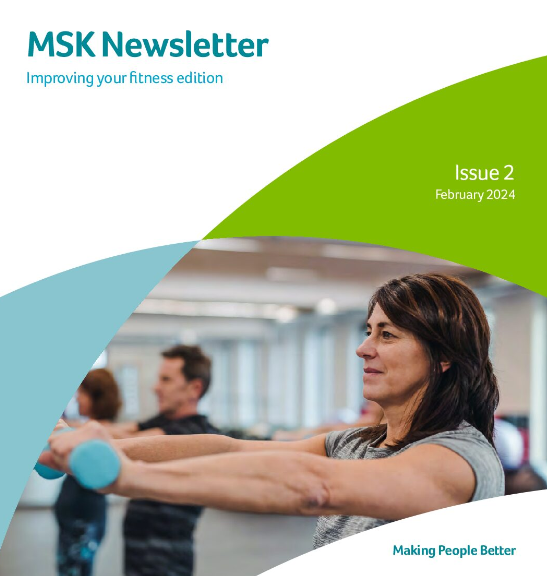Acute pain is useful – it’s our body’s way of saying that something we are doing is, or might be, damaging. Unfortunately for some people pain persists beyond tissue healing and continues to cause distress for a long time.
Despite the significant impacts associated with it, chronic pain remains largely stigmatised and misunderstood. With that in mind, we’ve brought clarity to the conversation by answering some of your most asked questions on the topic.
Q1: When does pain become chronic?
Pain is deemed to have become chronic when it persists for three months or more.
Q2: How does chronic pain impact people?
Chronic pain has no useful qualities. For individuals who suffer with chronic pain, it can cause considerable emotional distress and impairs social and occupational functioning.
Q3: Who suffers from chronic pain?
Many people have very painful long-term health conditions, such as fibromyalgia, chronic fatigue and irritable bowel syndrome, which all fall into ‘Medically Unexplained Symptoms’. This can often leave people feeling that their symptoms are not believed and they are left with many unanswered questions.
Q4: Does chronic pain affect mental wellbeing?
Individuals with frequent, repeated or continued experiences of pain find their identity becomes enmeshed with the pain, this can lead to negative thinking, depression and anxiety.
People suffering from chronic pain can feel the loss of the person they once were and may not be ready to accept who they are now. They can often feel stuck and isolated from the activities and social life they once enjoyed.
The connection between mind and body alongside pain management means psychological support could play an important role in empowering someone to cope and adapt to the change they are experiencing.
Q5: How can I support someone with chronic pain?
When supporting a loved one who is experiencing chronic pain, often what they need is to feel heard. As well as offering to accompany them to any appointments and following up with practical support, it’s important to listen to their emotional needs. Unfortunately, you may not be able to alleviate their physical distress but you might be able to help them with their emotional distress, whilst promoting their self care and ability to feel connected.








